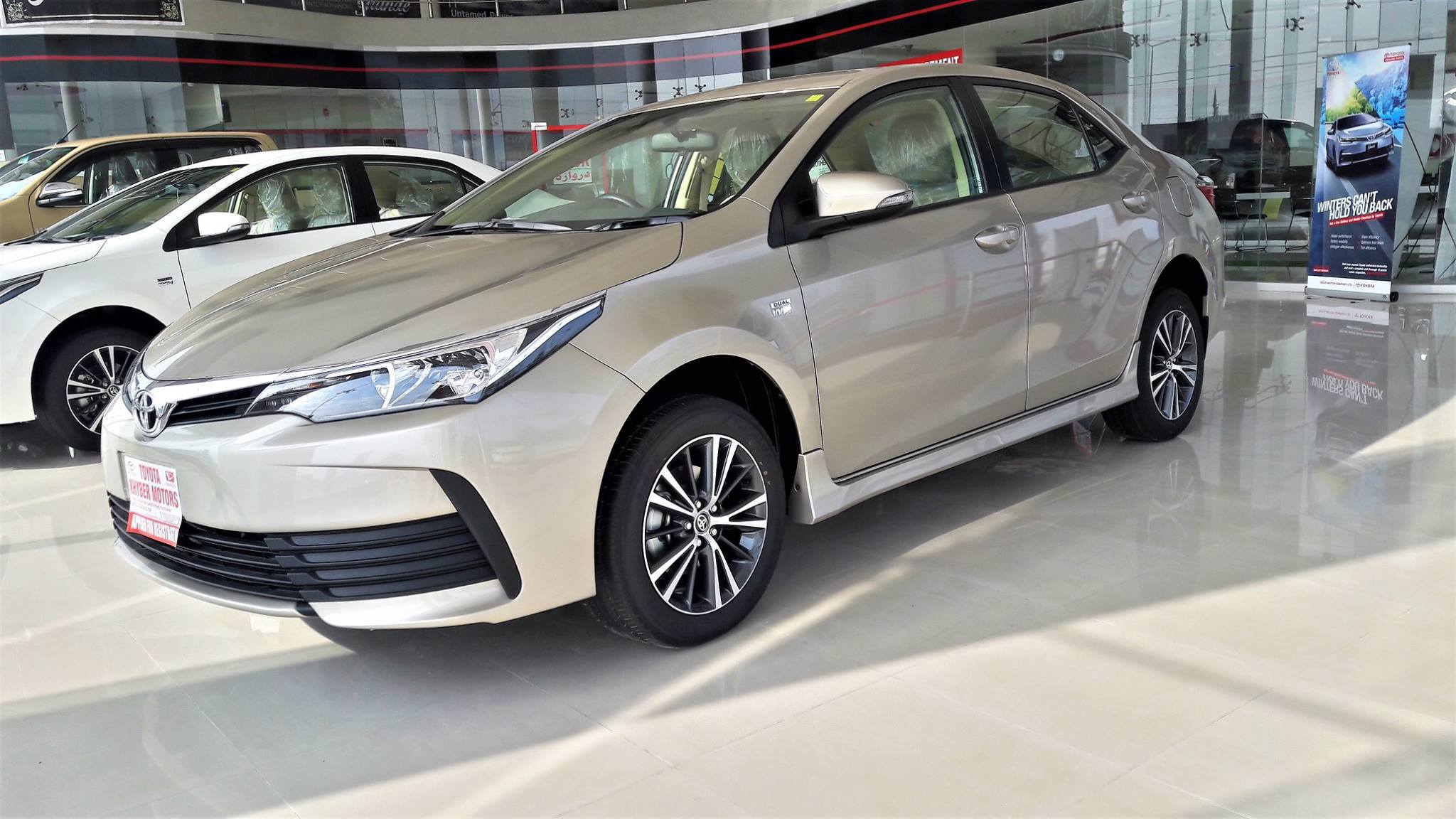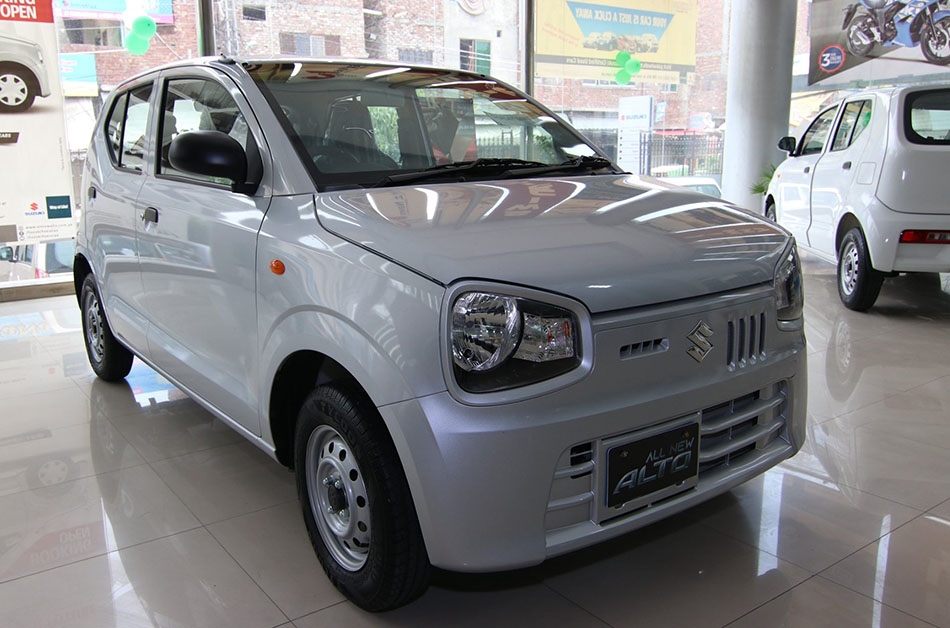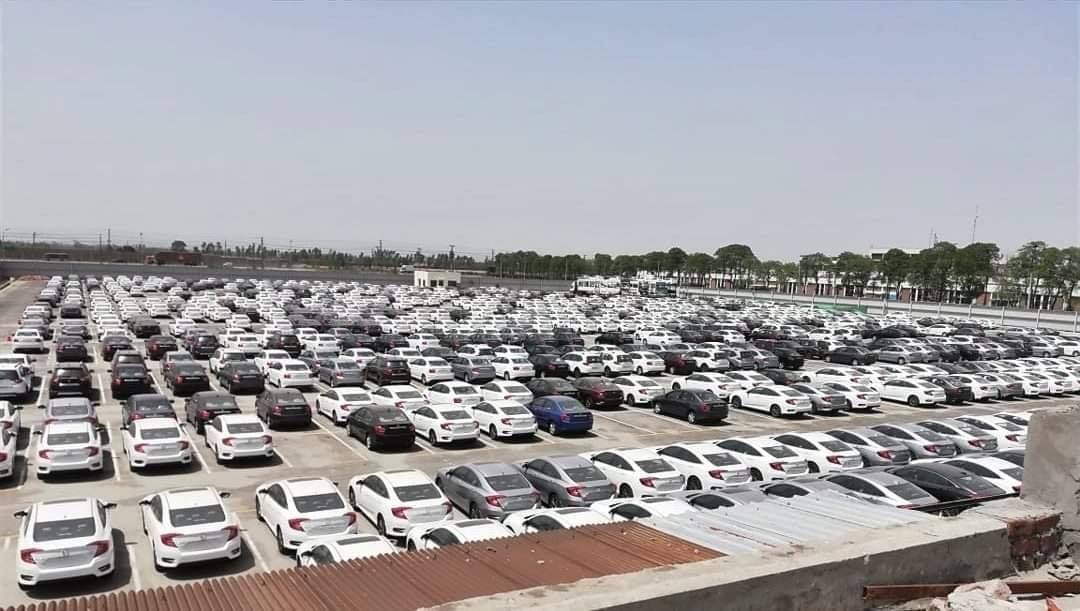Year 2019 wasn’t a good year for the local auto industry. Sales of vehicles plunged 34% to 175,611 units in the first 11 months of 2019 compared to 235,491 units sold in the same period of previous year.
Related: 2019- Year in Review
If we break them down further, from January to June 2019 the decline was only 11%, however the real hit came between July and November – the initial 5 months of current fiscal year 2019-20. During this period, total sales came in at 55,407 units compared to 100,997 units in the corresponding period last year, rendering a horrible 45% decline in sales.
The decline in sales was attributed towards various reasons including Rupee depreciation, increased interest rates, higher inflation and added duties & taxes by the government. A 2.5% FED was imposed on vehicles having engines of less than 1,000cc, 5% on engines ranging between 1,000cc and 2,000cc and 7.5% on engines of more than 2,000cc. The government also levied additional customs duty, at 5% on raw material which pushed the prices of cars even further.
Related: Is Kia Sportage Troubling Toyota Fortuner?
Another reason was the ban on non-filers from purchasing new cars as these constitute for nearly 60% of car buyers in the country. Although the government later lifted the ban, it already dented the confidence of buyers.
Sparing Pak Suzuki, which was saved by the launch of new Alto 660cc all three major auto players suffered from severe decline in sales. Toyota and Honda with thousands of piled up unsold stock had to observe non-production days in the last 6 months of the previous year.
CEO of Indus Motor Company, the makers of Toyota cars in Pakistan, Ali Asghar Jamali while talking to The Express Tribune said that 2019 was an extremely bad year for the auto sector. However the CEO was also not happy with the incentives newcomers were getting as a result of Auto Policy 2016-21. Jamali termed it a “strange policy” as foreign exchange was flying out, people were losing jobs and the government was losing taxes. He said:
“The government gave extraordinary incentives to new entrants in the auto market, which aggravated the situation. It is an unfair advantage to them over existing players. Besides other factors, those new entrants have negatively impacted not only us, but the local vendors as well, as the new players are allowed to import auto parts at lower duty.”
Although analysts believe that car sales might pickup from the second quarter of next year, the recent price increase by automakers including Suzuki and Toyota have created quite a debate among the consumers. Since there was no additional duty of tax imposed by the government and Rupee has actually regained its strength during the last couple of months, the latest increase in price is nothing but an attempt to dampen the declining profits. However the move is likely to keep most of the buyers away thus sales are expected to remain low.

A computer animation professional with over 23 years of industry experience having served in leading organizations, TV channels & production facilities in Pakistan. An avid car enthusiast and petrolhead with an affection to deliver quality content to help shape opinions. Formerly written for PakWheels as well as major publications including Dawn. Founder of CarSpiritPK.com







